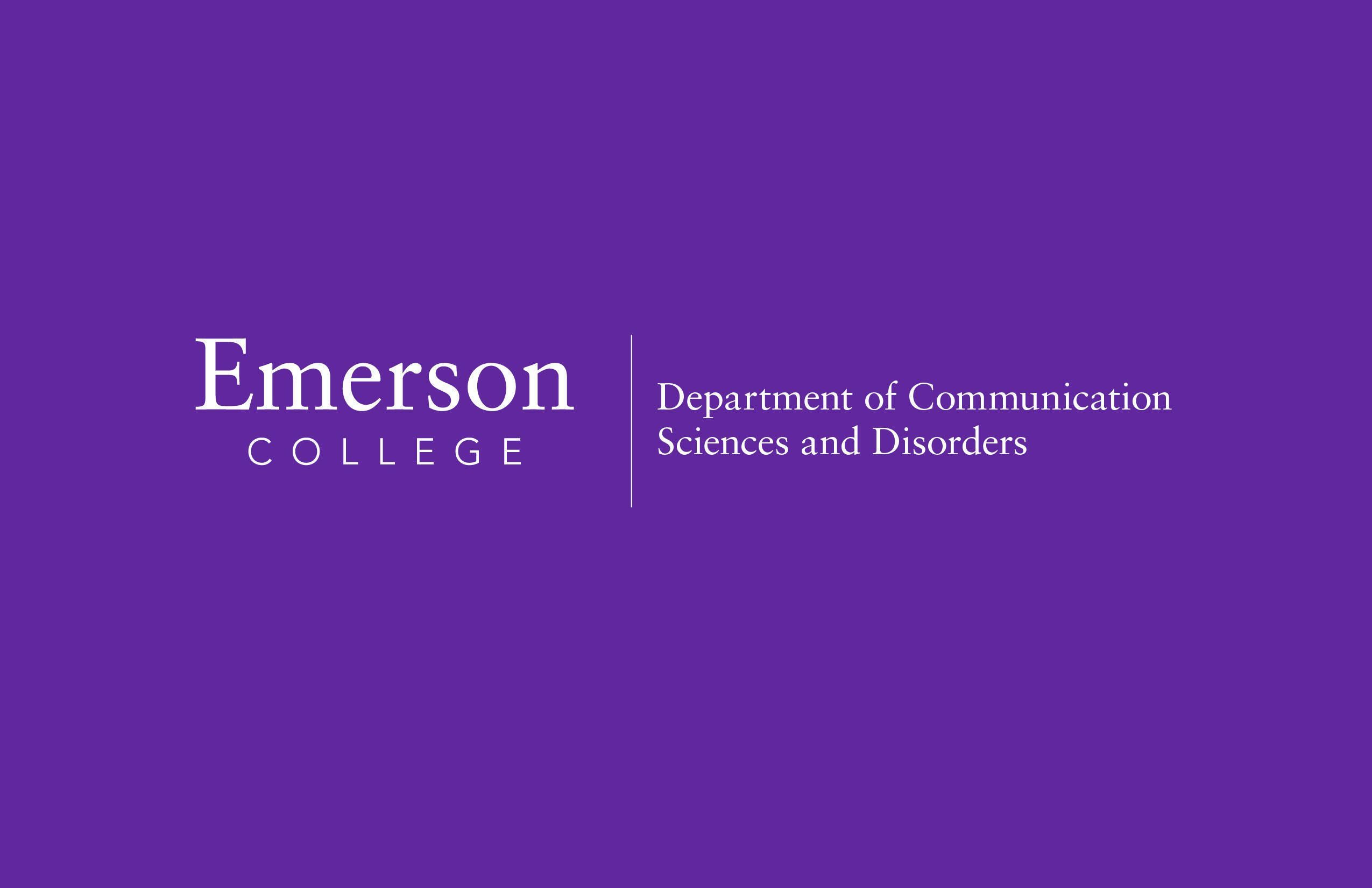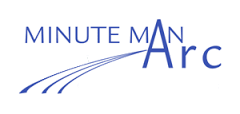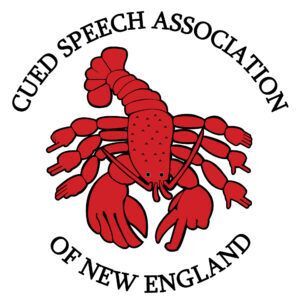Speech-Language Resources from the Deaf and Hard of Hearing Program at Boston Children's Hospital
Safe at Home: Speech, Language and Communication Resources
Language is nutrition for the brain – and the great thing is, even language snacks and treats are healthy for developing brains! Families have the unique opportunity to support meaningful practice and carry-over of language skills in natural interactions during this unprecedented time together. Much of what we know about language development comes from research on how caregivers and children naturally interact. Conversation builds brains!!
In other words, you’ve got this!
Everyday Tasks - Practice Speech, Language and Communication Skills
Daily Routines, Calendars, Schedules, and Lists
- For younger kids – these interactions practice vocabulary and connected language, help children predict and anticipate, and provide routines that help everyone get ready for learning
- For older kids – these interactions practice language for planning, thinking, prioritizing, and problem-solving
Play
For younger kids – play is an essential vehicle for learning and language development.
- Exploratory play offers the opportunity to talk about location words, cause/effect, and “all gone!”
- Pretend play helps children show us what they know about the world, even before they can tell us
- Role play helps older children practice perspective-taking and expand language
For older kids – cooperative play (even video games) teaches turn-taking, giving and following directions, understanding and explaining rules, content and vocabulary
Video Chats
Great For all – provides connection!
Video chat is an interesting byproduct for our time – works on communication repair strategies (wait…what?) and language for problem solving (tech glitches)!!
Resources for Parent Education
Some of these resources have short videos that are close-captioned in Youtube (click on the CC icon).
Harvard Center for the Developing Child: Serve & Return
“Checking Back Behavior” Jenny Singleton (2019)
“Back-and-forth exchanges boost children’s brain response to language” (Romeo 2018)
http://news.mit.edu/2018/conversation-boost-childrens-brain-response-language-0214
Setting High and Appropriate Expectations
Pragmatic Skills Checklist
https://successforkidswithhearingloss.com/wp-content/uploads/2013/06/PRAGMATICS-CHECKLIST.pdf
Social Language Development Chart
https://socialbutterfliesclub.com/
Social Communication Growth Charts
https://scgc.firstwordsproject.com/
Reading Together
Reading together continues to be a primary vehicle for working on any and all language milestones. Many wonderful stories are available on Youtube (one story is highlighted below).
The Very Impatient Caterpillarby Ross Burach
For older children, reading content material together is also of great benefit. Parents are encouraged to pay special attention to the language of the directions and questions that children must navigate.
(Keep reading for pleasure too!)
Stories read by members of the Screen Actor’s Guild.
There are classics and new high quality children’s literature and picture books.
https://www.storylineonline.net/
Links to Free and Printable Materials
Scholastic
https://classroommagazines.scholastic.com/support/learnathome.html
PBS Parents
http://pbsfan.etvendowment.org/?gclid=EAIaIQobChMI5uW_ppjl6AIVw56zCh3GkgCsEAAYASAAEgIiHfD_BwE
Articulation Activities
https://mommyspeechtherapy.com/
Social Thinking (Michelle Garcia Winner)
https://www.socialthinking.com/
ASL Dawn Sign Press
https://www.facebook.com/DawnSign/
Games and Apps
Both board games and video games can address a wide variety of language concepts. These include (but are not limited to):
- categories (collect all the fruit)
- quantity (move just one space, take all the cherries out of the bucket)
- description/compare/contrast (Apples-to-Apples)
Look for Language Underpinnings for Any Web Activity- ABCya (Sean Sweeney)
https://www.speechtechie.com/2020/04/look-for-language-underpinnings-for-any.html
Additional Resources for Parent Education
A Good Start: Suggestions for Visual Conversations with Deaf and Hard of Hearing Babies and Toddlers (By Patricia Elizabeth Spencer, Ph.D. January 2001)
https://www3.gallaudet.edu/Documents/Clerc/visual-conversations.pdf
The Linguistic Genius of Babies
Patricia Kuhl TED Talk







